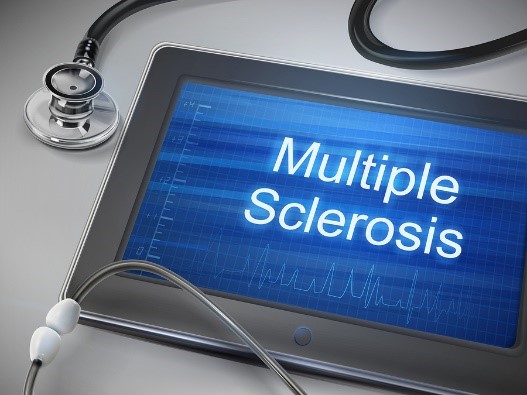 There are four main types of Multiple Sclerosis (MS) that differ by their relapse and remission characteristics. These types are known as relapsing-remitting, primary-progressive, secondary progressive, and progressive-relapsing. A relapse occurs when new symptoms appear or old symptoms return for a period of at least 24 hours. A remission is a decrease or disappearance of symptoms for an extensive period of time. Another term used to describe a remission is “remitting.”
There are four main types of Multiple Sclerosis (MS) that differ by their relapse and remission characteristics. These types are known as relapsing-remitting, primary-progressive, secondary progressive, and progressive-relapsing. A relapse occurs when new symptoms appear or old symptoms return for a period of at least 24 hours. A remission is a decrease or disappearance of symptoms for an extensive period of time. Another term used to describe a remission is “remitting.”
The most common type of MS is relapsing-remitting, which is characterized by a relapse that lasts for a period of days or weeks, followed by a partial or total remission. The relapses and remissions with this type of MS are unpredictable, and it can sometimes turn into another type of MS, known as secondary-progressive. Secondary-progressive MS requires an initial phase of relapse-remitting MS that is followed by a progressive worsening of symptoms. However, relapses or minor remissions can still happen with the secondary-progressive form of MS. It is estimated that approximately 85% of people with MS have either relapsing-remitting or secondary-progressive MS.
In Primary-progressive MS, the disease slowly gets worse over time, with no relapses or remissions. About 10% of MS sufferers have this type of the disease. The rarest type of MS, progressive-relapsing, is characterized by a steady, consistent increase in the severity of symptoms over time.
Interested in learning more about Multiple Sclerosis research? The Premiere Research Institute in West Palm Beach regularly conducts clinical research studies in the field of MS. To find out more about these studies click here or sign up for their newsletter to keep informed about the newest treatments, articles, and research that are being conducted in the field of MS.
